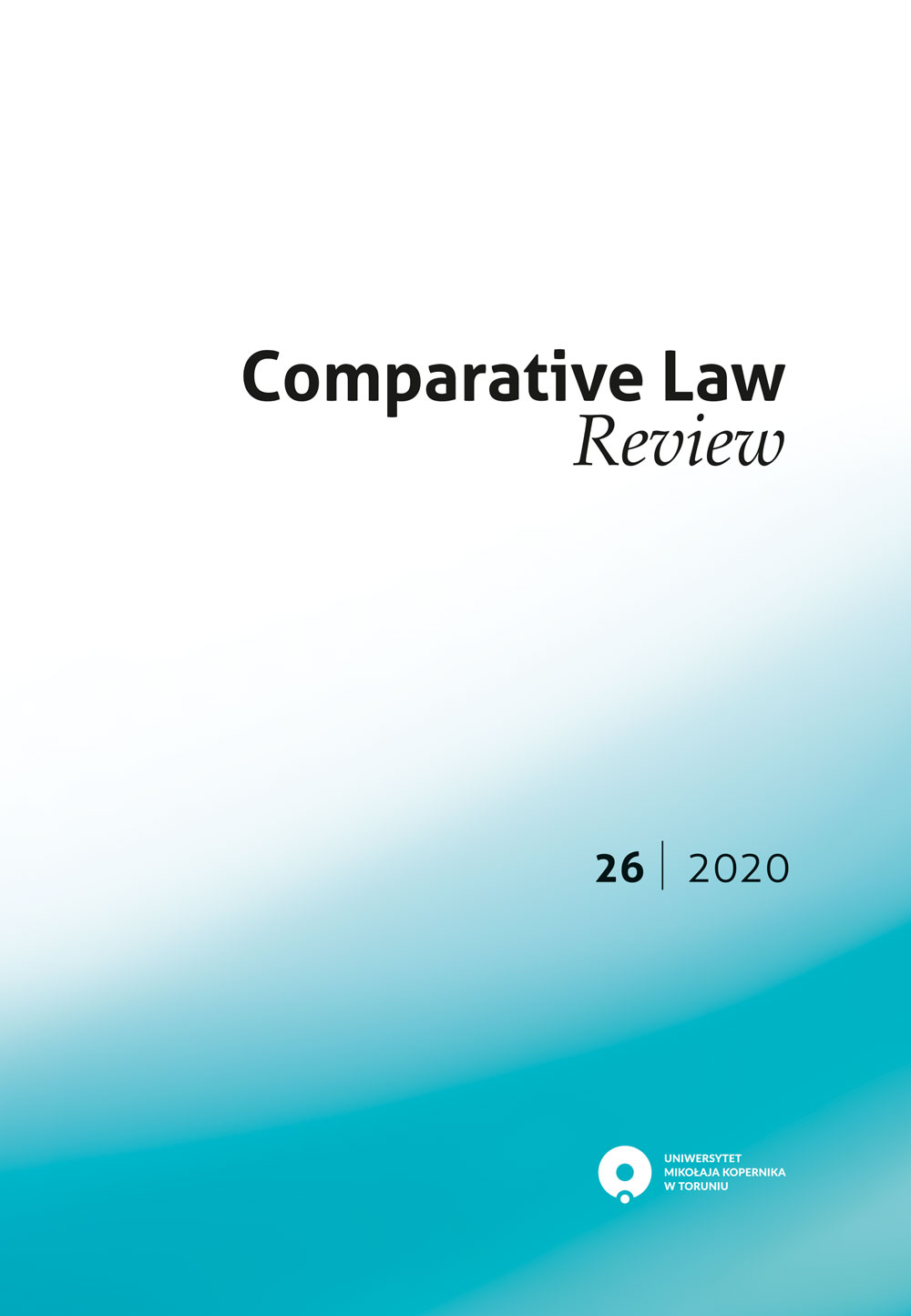Inducement, Instigation or Assistance to Self-Mutilation in Brazilian Criminal Law – The Limits Between the Basic Offence and the Result-Qualified Offence For Significant and Serious Bodily Injuries
DOI:
https://doi.org/10.12775/CLR.2020.003Keywords
self-mutilation, result-qualified offence, inducement, encouragement and assistance, Brazilian Criminal Law, Brazilian Criminal CodeAbstract
The Brazilian Congress recently enacted a profound modification to Article 122 of the Brazilian Criminal Code, through which it criminalised the conducts of inducement, encouragement, or assistance to self-mutilation. The justification for this was the need to prevent behaviour that encourages young people to practise self-mutilation, a phenomenon manifested worldwide in online social networking groups (so-called “challenges”). In addition to the basic offence contained in Article 122, two types of result-qualified offences were introduced, namely a result-qualified offence for significant and serious bodily injuries (para. 1) and a result-qualified offence for death (para. 2). However, there are no clear limits between the basic offence and the result-qualified offence for significant and serious bodily injuries. In this sense, in this paper I intend to analyse the problem of the scope and limits of the newly introduced basic offence and in its result-qualified offence of para. 1 of Article 122.
Downloads
Published
How to Cite
Issue
Section
Stats
Number of views and downloads: 571
Number of citations: 0



